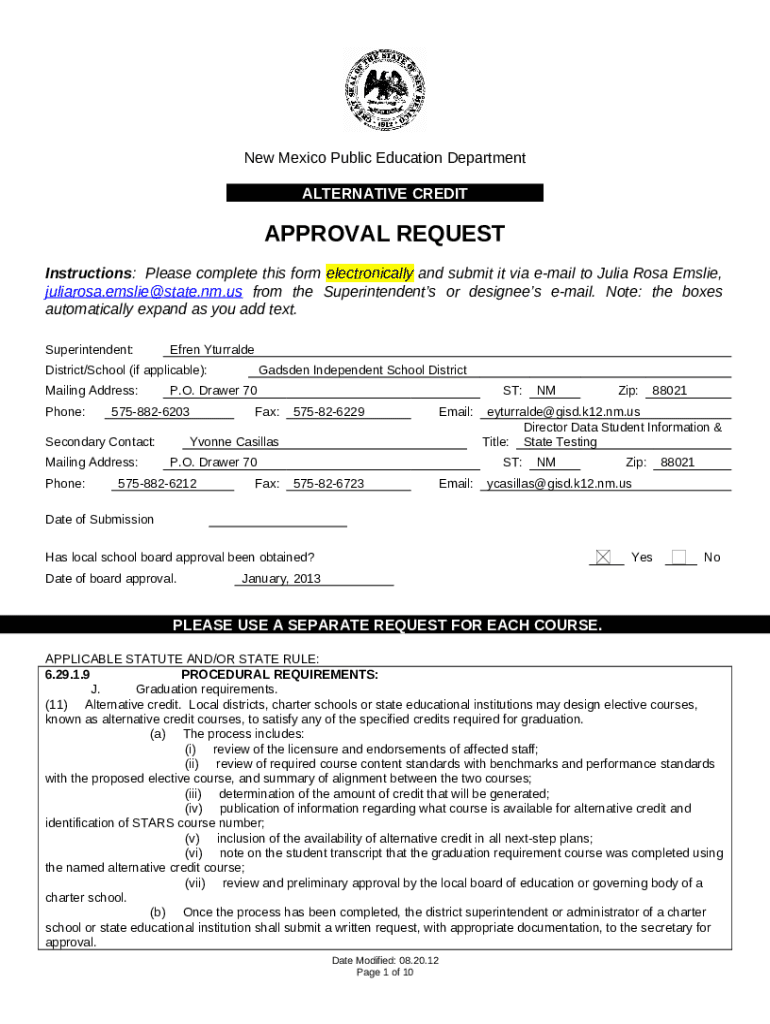Essential Paperwork Checklist Before You Pass On

The conversation about end-of-life planning can be both daunting and deeply personal, but it's also one of the most crucial steps in ensuring that your final wishes are respected, and your loved ones are not left with unnecessary burdens. One of the key components of this planning is organizing the essential paperwork before you pass on. This article provides a comprehensive checklist to help you prepare and organize these documents efficiently.
Why Is Document Organization Important?

Having your documents in order:
- Provides clarity for your executor and beneficiaries.
- Reduces the stress and administrative burden during a time of mourning.
- Helps to ensure your final wishes are followed as intended.
- Can speed up the probate process, which might save time and legal fees.
Essential Documents Checklist

1. Last Will and Testament

Your will is your voice after you’re gone, expressing your wishes on how your assets should be distributed:
- Original Document: Keep the original document in a safe place.
- Executor Details: Clearly name an executor or multiple executors in your will.
- Beneficiary Information: Update beneficiary details regularly to reflect changes in relationships or family structure.
2. Trust Documents

If you have a living trust or any other type of trust:
- Keep the original trust document.
- Make sure to include any amendments or changes.
3. Power of Attorney (POA)

A POA gives someone the authority to act on your behalf:
- Durable POA: Remains in effect if you become incapacitated.
- Healthcare POA: Specifies who can make medical decisions for you.
📝 Note: Make sure that your Power of Attorney is both legally valid and clearly understood by all parties involved.
4. Advance Healthcare Directives

These documents express your medical treatment preferences:
- Living Will
- Do Not Resuscitate (DNR) Orders
- Physician Orders for Life-Sustaining Treatment (POLST)
5. Life Insurance Policies

Organize:
- Policies themselves or detailed information about coverage.
- Beneficiary designations.
- Policy numbers and contact details of the insurance company.
6. Retirement Accounts

Include:
- 401(k), IRA, or other retirement plan documents.
- Current balances and beneficiary designations.
7. Bank Accounts

Compile:
- List of all bank accounts.
- Names of institutions.
- Account numbers.
- Contact information.
8. Investment Accounts

Document:
- Stocks, bonds, mutual funds.
- Brokerage accounts.
- Beneficiary designations.
9. Real Estate Documents

Collate:
- Deeds to property.
- Mortgage documents.
- Homeowners insurance information.
10. Personal Property Inventory

Create a list of:
- Valuables like jewelry, art, or collectibles.
- Location of these items.
- Appraisal records.
11. Debts and Liabilities
Make note of:
- All outstanding loans (student, personal, auto).
- Credit card statements.
- Utility bills or regular expenses.
12. Funeral Instructions
Include:
- Your wishes regarding funeral or memorial services.
- Contact information for the funeral home or cremation services.
- Any prepayment or prearranged plans.
In summary, organizing your essential paperwork before you pass on is not just about leaving a legacy, but also about easing the process for your loved ones during a difficult time. By following this checklist, you ensure that your estate is managed in accordance with your wishes, and your executor can find all necessary documents swiftly. This preparation not only provides peace of mind but also demonstrates your care and foresight for those you leave behind.
Why should I organize my documents?
+Organizing documents ensures that your affairs are in order, making it easier for your executor to carry out your wishes, and reducing potential legal and emotional challenges for your loved ones.
What happens if my will is not updated?
+If your will is outdated, it might not reflect current circumstances, beneficiaries, or changes in law, potentially leading to complications or disputes in probate.
Can anyone act on my behalf with just any POA?
+A general Power of Attorney (POA) expires upon your incapacity, unless it is a durable POA, which remains in effect even if you are incapacitated.
How do I ensure my life insurance benefits reach the intended beneficiaries?
+Keep beneficiary designations current and inform your beneficiaries about the existence of policies. Provide them with policy details or insurance company contacts.
What are the benefits of having advance healthcare directives?
+Advance healthcare directives ensure that your medical care is handled according to your wishes, reducing confusion, family disputes, or unnecessary medical interventions during emergencies.



